SUMMARY
This is AI generated summarization, which may have errors. For context, always refer to the full article.
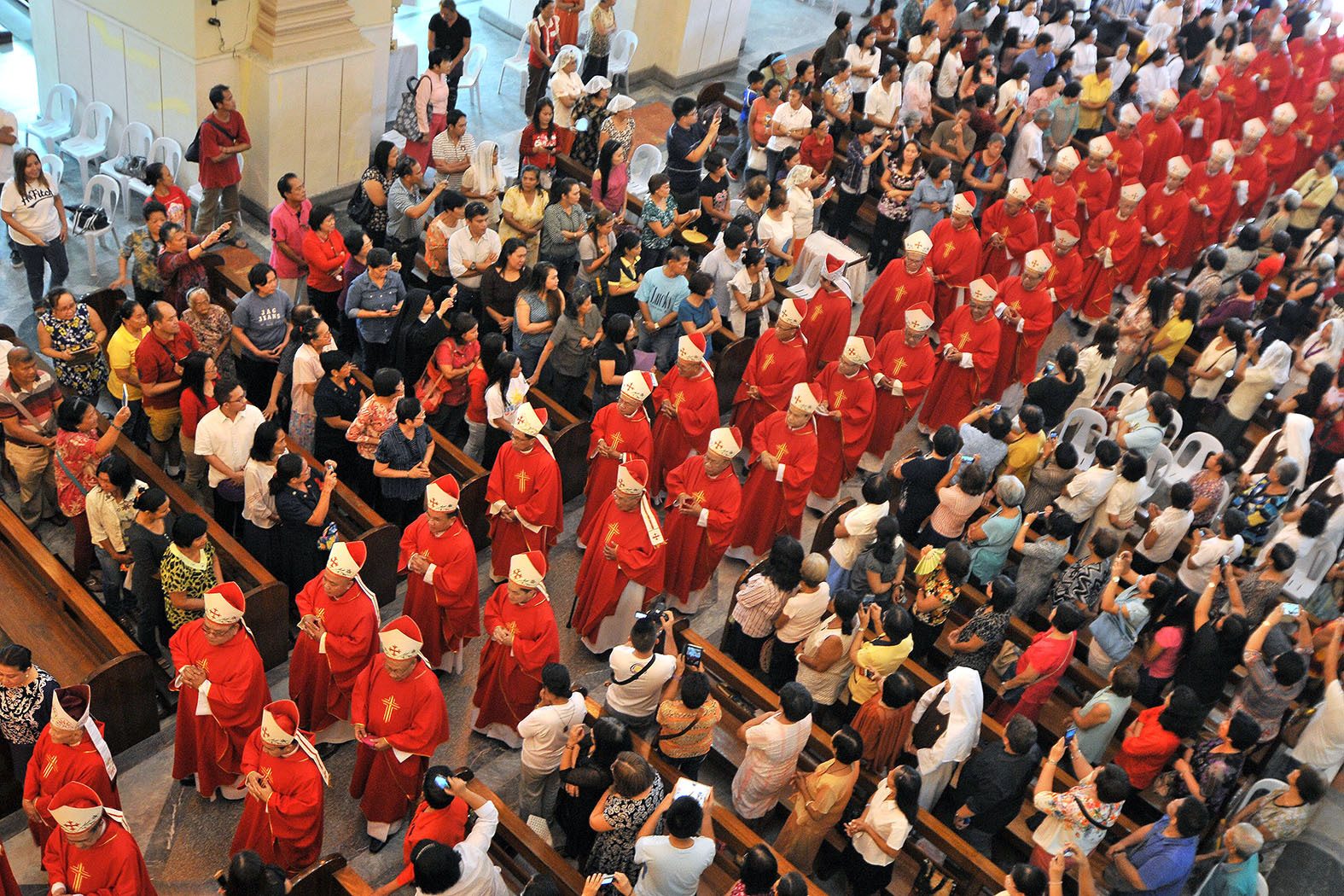
Filipinos and the people of Hong Kong are both in need of prayers over recently-passed security laws that threaten to undermine their basic freedoms and human rights, the Catholic Bishops’ Conference of the Philippines (CBCP) said.
The bishops’ call came after they recently received a letter from Yangon Archbishop Charles Cardinal Maung Bo, president of the Federation of Asian Bishops’ Conferences, making an “ardent request for prayers” for the Hong Kong people following the passage of the new National Security Act.
In a pastoral letter signed on July 16 by its acting president, Caloocan Bishop Pablo Virgilio David, the CBCP said that after assuring the Yangon Archbishop they would join him in prayers for Hong Kong, they also asked him to pray for the Philippines “and explained why we are as seriously in need of prayers as the people of Hong Kong.”
“Like them, we are also alarmed about the recent signing into law of the Anti-Terror Act of 2020,” the CBCP said.
David, a vocal critic of the Duterte administration, is temporarily heading the CBCP while its president, Davao Archbishop Romulo Valles, is recovering from a stroke. David’s statement is among the most stinging from the CBCP since Valles’ predecessor, Archbishop Socrates Villegas, stepped down in November 2017. (READ: Caloocan Bishop Pablo David: Shepherd of his slaughtered sheep)
Fast-tracked anti-terror law
In its statement, the CBCP said it remains in “disbelief” of the manner how the anti-terror law was passed under the Duterte administration – especially by how it was fast-tracked in Congress while Filipinos were grappling with the coronavirus pandemic and how lawmakers ignored the people’s protests against it.
“The dissenting voices were strong but they remained unheeded,” the CBCP said, adding that “the political pressure from above seemed to weigh more heavily on our legislators than the voices from below.”
The Filipino bishops noted how the people in government and their supporters have “dismissed” all the fears raised over the new law as “unfounded.”
“The assurance that they give sounds strangely parallel to that which the Chinese government gave to the people of Hong Kong: ‘Activism is not terrorism. You have no reason to be afraid if you are not terrorists.’ We know full well that it is one thing to be actually involved in a crime and another thing to be merely suspected or accused of committing a crime,” the CBCP said.
At the very least, the CBCP said, several petitions have been filed with the Supreme Court challenging the validity of the Anti-Terrorism Law. “Will the highest level of our judiciary assert its independence, or will they, too, succumb to political pressure?” they said.
Semblance of democracy
In their pastoral letter, the CBCP warned that the return of “warrantless detentions” through the anti-terror law was reminiscent of how the country gradually lost its democracy in 1972.
“While a semblance of democracy is still in place and our democratic institutions somehow continue to function, we are already like the proverbial frog swimming in a pot of slowly boiling water,” the CBCP said.
Fortunately, the bishops noted, there remain in the present government “people of goodwill whose hearts are in the right places, and who remain objective and independent-minded.” The CBCP hoped these government officials will not allow themselves to be intimidated or succumb to political pressure.
“They are an important element to the strengthening of our government institutions, and are an essential key to a stable and functional democratic system,” the bishops said.
The CBCP ended the pastoral letter with a prayer, part of which said:
“May the crisis brought about by the pandemic bring about conversion and a change of heart in all of us. May it teach us to rise above personal and political loyalties and make us redirect all our efforts towards the common good.” – Nikko Dizon and Paterno R Esmaquel II/ Rappler.com
Add a comment
How does this make you feel?
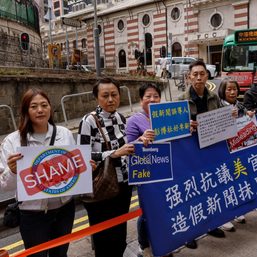
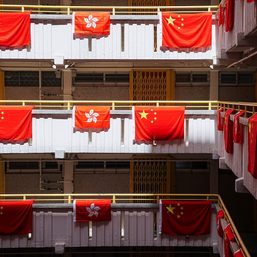
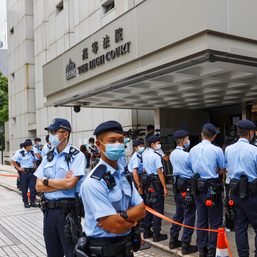
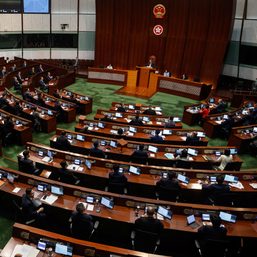
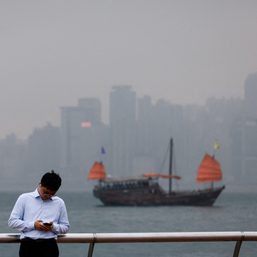

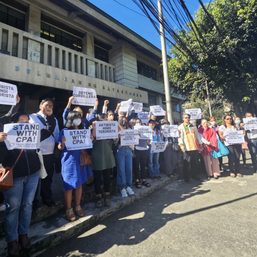
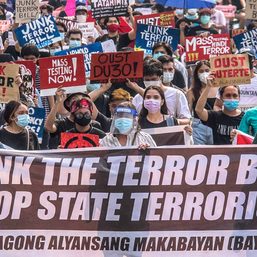
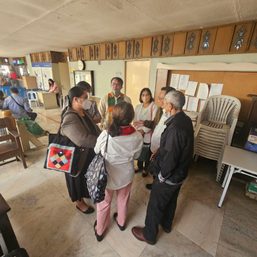
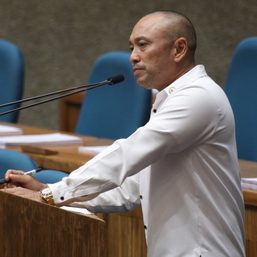
There are no comments yet. Add your comment to start the conversation.